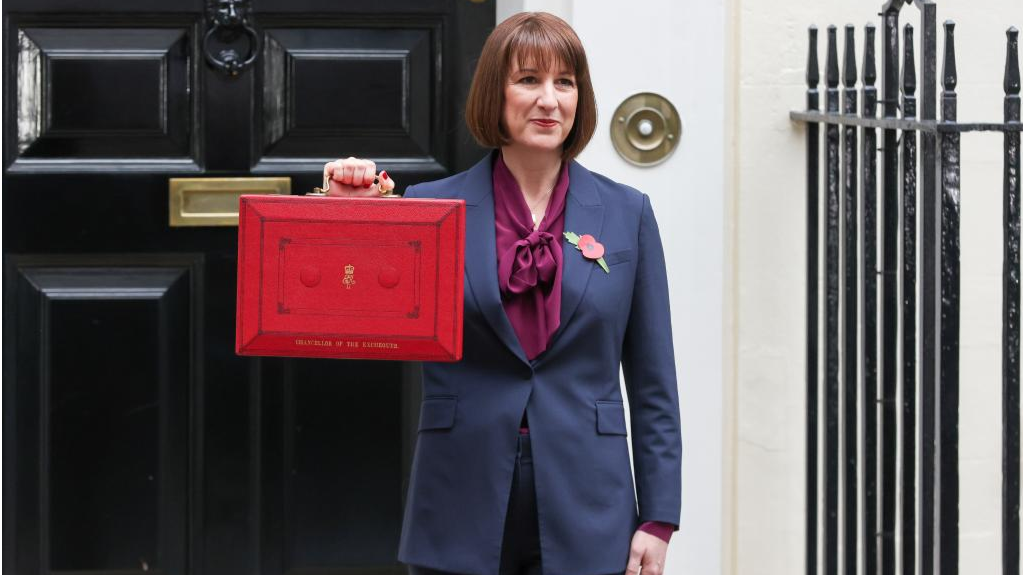
LONDON - Lawmakers from Britain's upper house of parliament told the government on Monday to curb incapacity and disability benefits which cost more than the country's armed forces.
Annual spending on these benefits had risen by 40 percent in real terms since 2013 to reach 64.7 billion pounds ($79 billion) in the last financial year, 20 percent more than Britain spent on defense, the House of Lords Economic Affairs Committee wrote in a letter to work and pensions minister Liz Kendall.
The country's budget watchdog has forecast the cost will reach 100 billion pounds by 2029/30, jeopardizing finance minister Rachel Reeves' goal to balance day-to-day spending and tax revenues.
READ MORE: Britain's foreign aid budget faces cuts amid fiscal constraints
"Urgent action is needed to reform both the unemployment and health-related benefits system, and how they interact," George Bridges, the Conservative chair of the cross-party committee, said.
Around 3.7 million working-age Britons - not all of whom are out of work - receive health-related benefits, 1.2 million more than before the pandemic.
The House of Lords committee said this increase was bigger than in other countries and that it had heard "no convincing evidence" from experts that the rise was due to worsening public health or longer waiting times for public healthcare.
Instead, the committee said Britons who struggled to find regular work had incentives to apply for long-term sickness or disability benefits, which are more generous than unemployment benefits and do not require recipients to look for work.
Initial medical assessments to claim health benefits were not tough enough and focused too little on identifying alternative work claimants could do, the committee said.
READ MORE: Britain's new govt plans over 35 bills for parliament opening
However, the system should be more lenient towards disabled people who attempted jobs which turn out to be unsuitable and not force them to reapply for benefits from scratch.
Britain's work and pensions ministry said the government was already aiming to boost the employment rate to 80 percent of the working-age population and planned to set out changes to benefits in the coming months.
"We have been clear that the current welfare system needs reform, so it is fairer on the taxpayer," a government spokesperson said.


